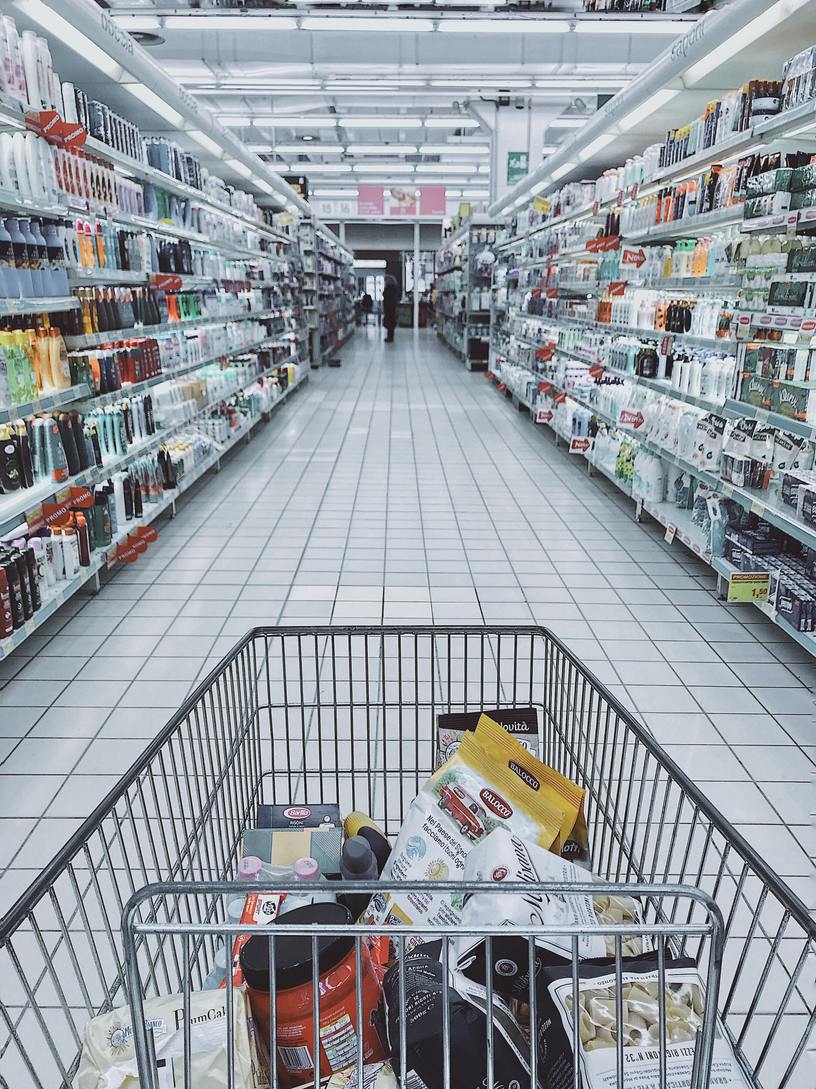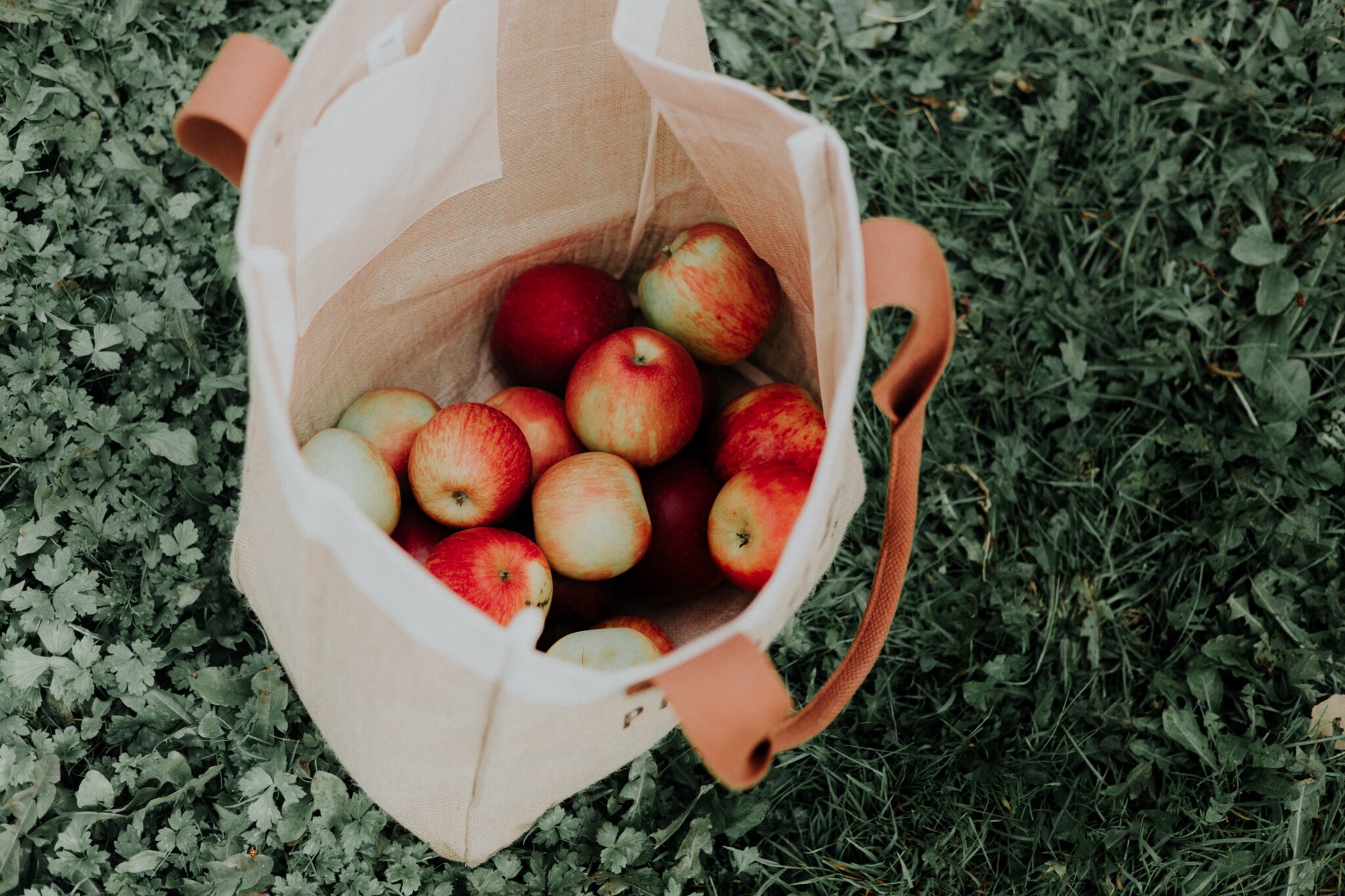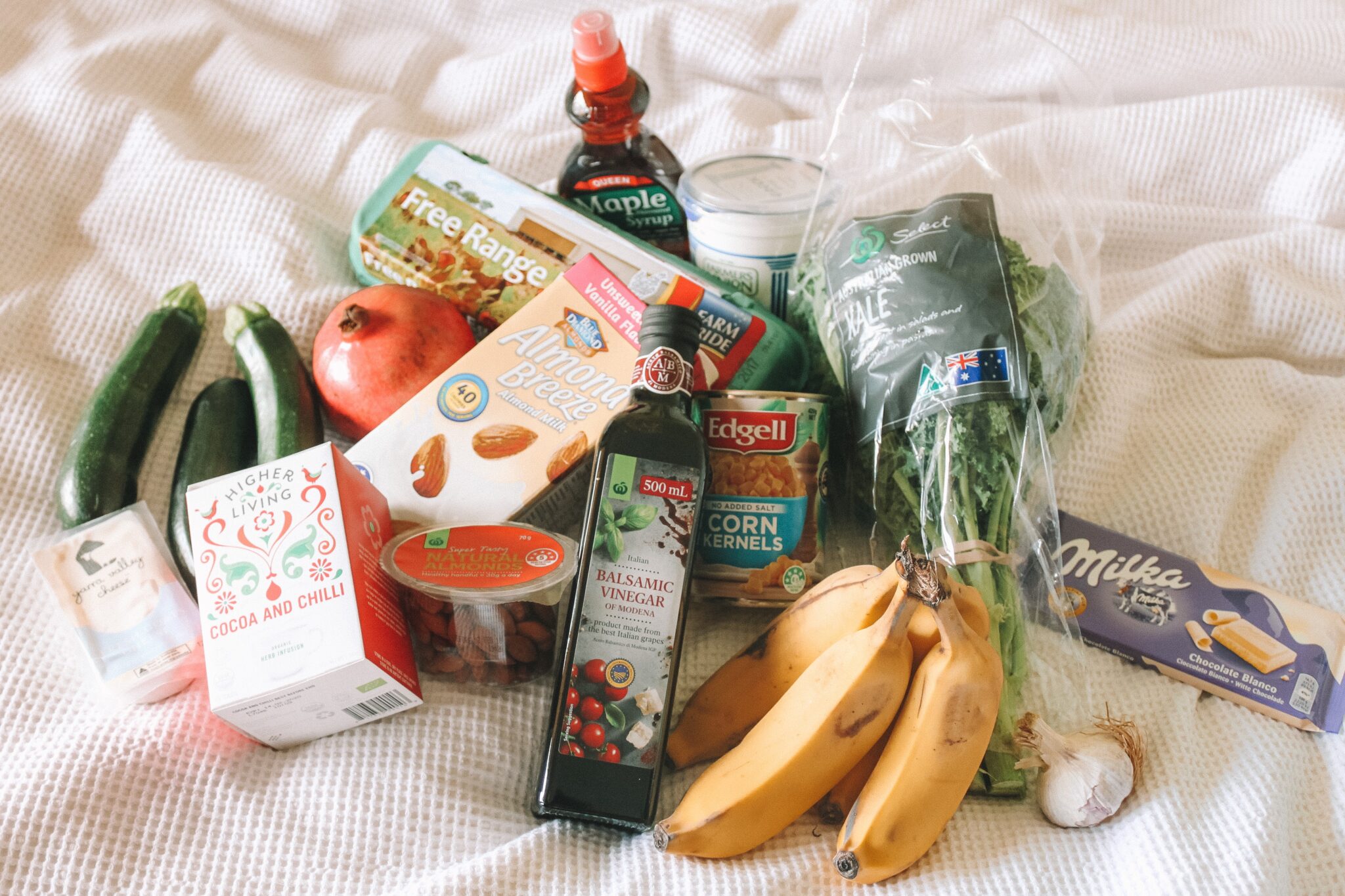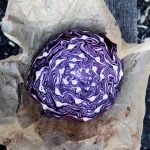It’s becoming easier and easier to lead a more “zero waste” lifestyle. As people become more aware of the importance of reducing waste and fighting climate change, businesses are jumping on to the growing trend of low-waste living.
Your weekly grocery shop is an excellent place to start being more eco-friendly. It may not be possible to go completely zero waste, but there are several ways to seriously reduce the amount of plastic and single-use items you bring back home to your kitchen.
Here are some simple switches and easy alternatives to help you reduce your waste footprint.
Buy loose produce rather than packaged
Next time you’re in the produce aisle at the supermarket, opt for fruit and vegetables that are loose rather than in plastic packaging. Not only will this reduce the amount of plastic, but it will also ensure that you only buy the amount that you actually need. It may be a more expensive per piece to do this, but overall it might actually save you money, as you won’t end up with three excess bell peppers every week.
Buy things in bulk

Buying in bulk doesn’t mean buying the 10-kilogram bag of rice or the family-sized box of granola. It means buying unpackaged products like lentils, flour, and other staple pantry items. Buy yourself some reusable mesh or cotton bags, or simply re-purpose any bags you already have, and head to the bulk aisle or a bulk-buying store to fill up. Bulk Barn is a great option that has a wide array of products available to buy in bulk, from flour and pasta to lentils, granola, soup mixes, and even candy.
Make your own snacks
Little pick-me-ups and snacks are notoriously hard to buy without plastic packaging. Thankfully, they’re also incredibly easy to DIY at home. There are plenty of healthy, natural snacks that you can whip up in a matter of minutes using ingredients you can buy in bulk, without any packaging. Try combining cashews and dates for a delicious snack bar or making some high-energy blueberry and oat balls.
Bring your own bags

One of the easiest ways to be less wasteful in your grocery shop is to bring your own bags. Plastic bags are infamous for their harmful environmental impact, especially on wildlife, and yet they are so easy to replace. Investing in a few kinds of cotton or other reusable packing bags is a very worthwhile decision.
Use your leftovers
Going zero waste doesn’t just mean reducing plastic and single-use items. It also means producing less edible waste. Get creative with the parts of vegetables that you might normally throw away. Use broccoli stalks in pasta and stews, use beet greens in salads, and the leafy part of leeks in stir-fries or vegetarian gravy.
Compost the leftovers you can’t eat
Once you’ve gotten as much as possible out of your fruit and veggies, make sure to compost the rest. This will not only seriously reduce the amount of trash you produce each week, but it will also create amazing compost for yourself or others to use.
Choose products in tins or glass jars rather than plastic
It won’t always be possible to buy everything without packaging. However, not all packaging is equal. Tins and glass jars can be recycled much more easily than plastic, and so they make a more environmentally-friendly choice.
Buy only what you need

This is more of a “big picture” thing, but a big part of reducing waste is in planning meals ahead and only buying what you will need. Fresh produce doesn’t stay fresh for long, so only buy what you are confident you can use in time and freeze anything else before it goes bad. You can always make a quick run to the grocery store to pick up more, but planning ahead will help you reduce unnecessary food waste.
Read more:
- 7 Wonderful Ways to Live a More Sustainable Lifestyle



